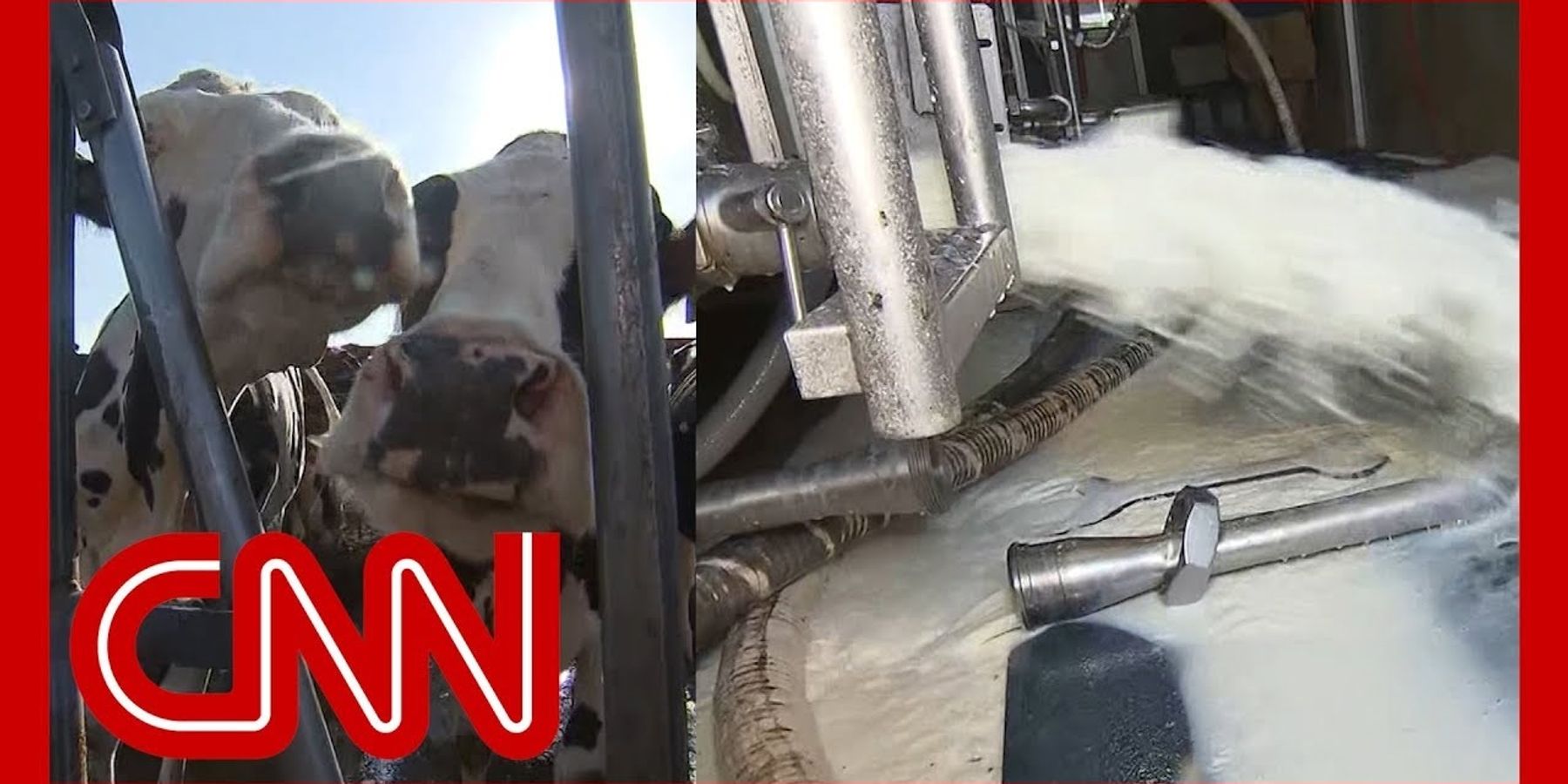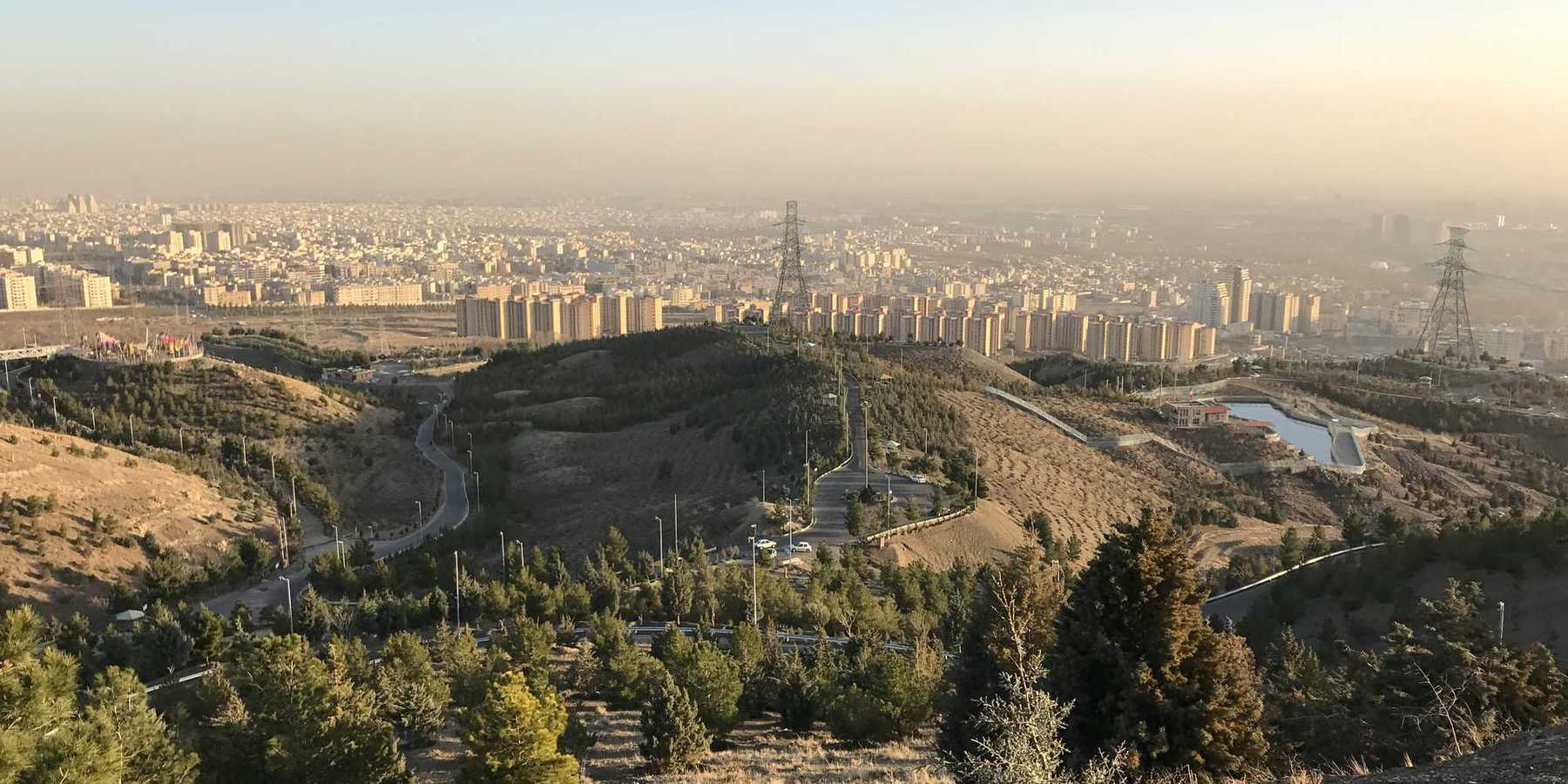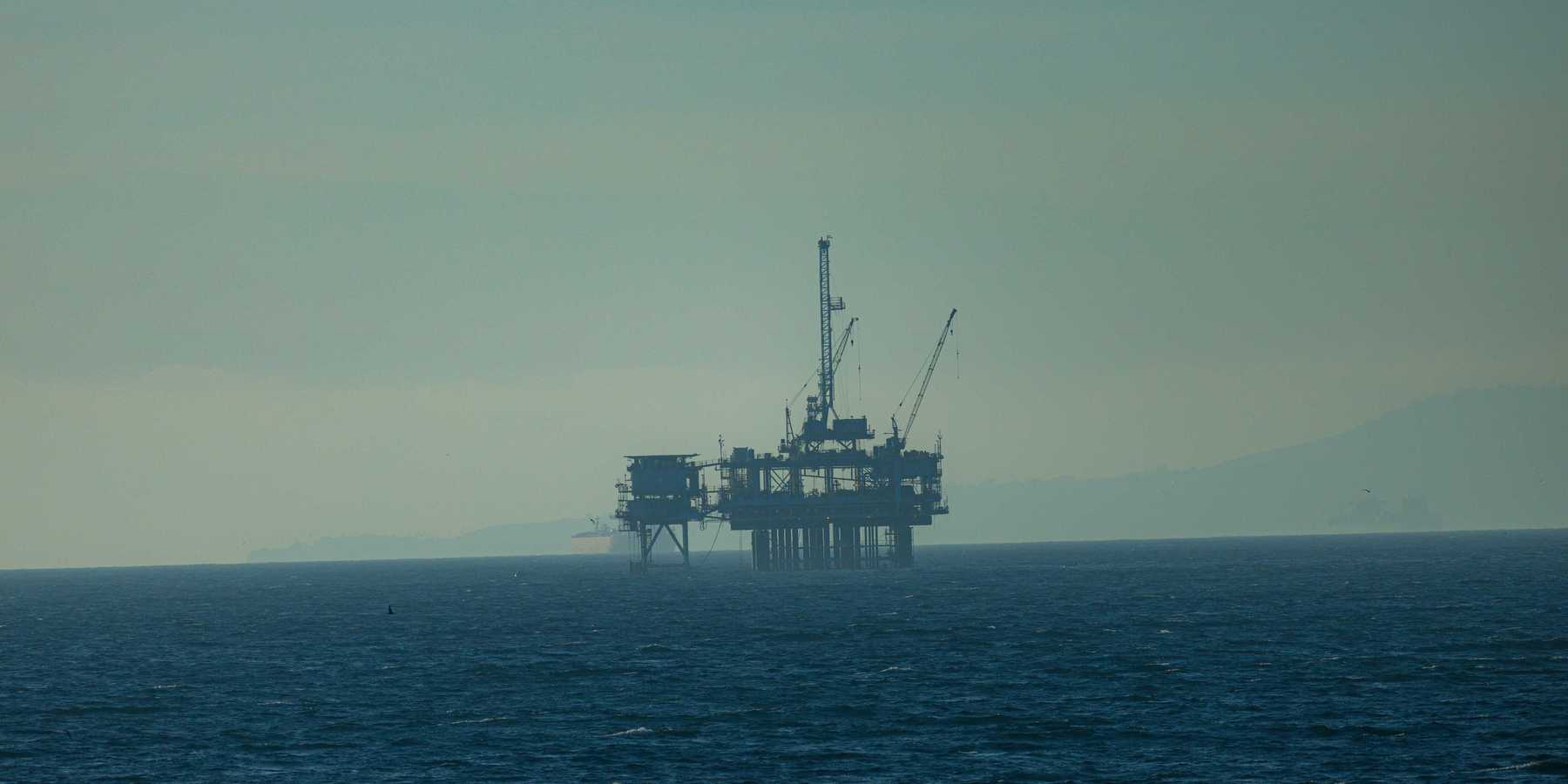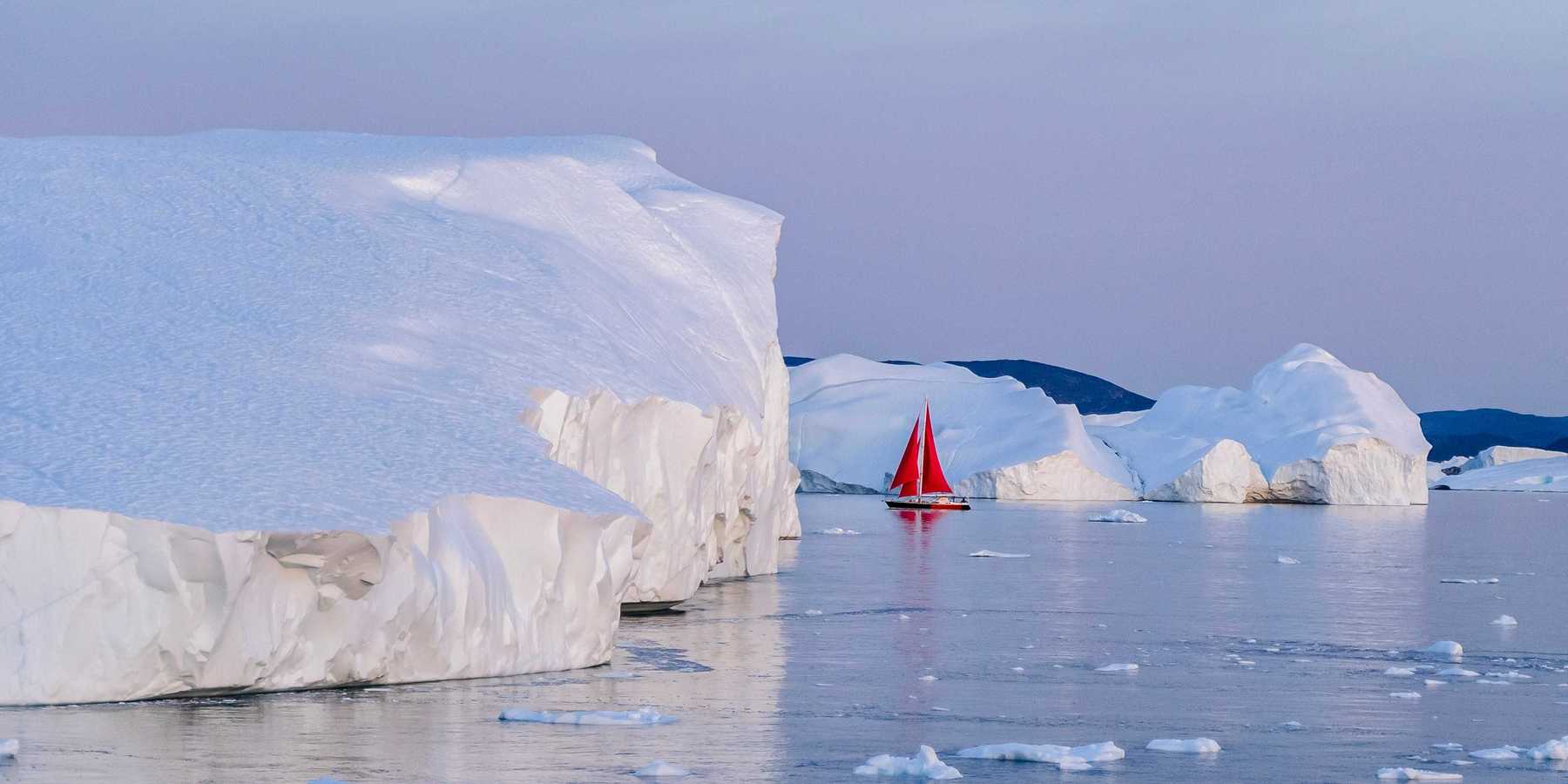Peter Dykstra: Is CNN back in the game?
CNN was a leader in broadcast coverage of science and environment until Fox News came along to rule cable news. Now, years later, it looks like CNN may be back.
I used to oversee CNN's science and environment coverage in the 1990s up through 2008. Founder Ted Turner had insisted on an uncommonly strong effort on those beats.
We had fulltime correspondents for science and the environment.
We produced solid news stories, a couple of half-hour weekly shows, and an occasional special on things like the 1992 Rio Earth Summit. An hour-long piece on the 1993 Mississippi River floods, for example, won an Emmy.
The mid-2000's turned out to be a boom time for the beat(s), which in the perverse world of news almost always means someone is suffering: 2004 brought a ruinous Atlantic hurricane season, with four major storms crisscrossing Florida—Charlie, Frances, Ivan, and Jeanne.
Year's end brought the Indian Ocean tsunami, with its horrific, six-figure death toll; and 2005 brought Katrina, which forever re-shaped our notion of the damage potential of extreme weather.
Our environment team also contributed a blog to CNN's growing web presence. Our blog grew to the network's fourth most-visited entry, exceeded only by the big-name blogs of Anderson Cooper, Wolf Blitzer, and Lou Dobbs.
During that time, CNN saw its cable dominance eclipsed by Fox News. Every year or two, another CNN chief would vanish into the executive Bermuda Triangle, and the network reduced its staff by about 20 percent.
When the economy blew up in 2008, CNN made a decision that I've always regarded as being perfectly defensible from a business standpoint, but an awful one for journalism: If CNN's goal was to compete with Fox, CNN didn't need science and environment coverage.
Nearly a dozen of us were cut loose, and in doing so, CNN sent its staff a powerful message that pitching science and environment stories was no way to advance one's career.
Science and environment coverage languished. In the following years, content analysis from the liberal watchdog Media Matters for America showed paltry attention to climate change across all national TV entities.
CNN lagged behind its direct competitors at both MSNBC and Fox News – and the latter's climate coverage was almost all in the framework of climate denial.
Enter Jeff Zucker, former NBC CEO, in 2013. When asked the following year about the absence of climate coverage on the network, Zucker gave what I considered a refreshingly honest excuse.
"Climate change is one of those stories that deserves more attention, that we all talk about," Zucker said, "but we haven't figured out how to engage the audience in that story in a meaningful way. When we do do those stories, there does tend to be a tremendous amount of lack of interest on the audience's part."
Well, okay then.
In one terse statement, Zucker acknowledged evidence of a warming Earth and evidence that hell is freezing over due to a network boss being honest. Then he threw the audience under the bus.
Zucker's retained his CNN stripes for six years. To his credit, CNN emerged from its climate coma when Bill Weir joined the network less than a year after Zucker's arrival, building a series of visits to natural gems called "The Wonder List."
Much of his recent work has focused on the Trump Administration's regulatory purge. He carries the title of CNN's Chief Climate Correspondent. Here's a link to his recent stories.
John D. Sutter is a climate specialist for CNN Digital whose work often appears on the TV side, and Drew Griffin is an investigative reporter who's filing frequent environmental pieces.
But 2019 seems the year that Zucker's search for climate coverage is overtaking the rest of the network.
I watch more than the recommended daily allotment of CNN, and here's a slice of what I've seen in the past week or so on climate and environment:
- A four-minute (TV's notion of "eternity") piece on potential cancer risks from PFAS chemicals;
- An equally eternal investigative piece on the Trump Administration's revival of a controversial mining proposal in Alaska;
- An announcement that 10 Democratic Presidential candidates will join a CNN "Town Hall" on climate on Sept. 4;
- Arwa Damon, best known for her intrepid reports from Middle East conflict zones, in the mid-Atlantic's Sargasso Sea, scooping up ungodly amounts of plastic;
- Extensive reporting from Brazil on the rampant Amazon wildfires and their climate implications;
- Reporter Frederik Pleitgen from Greenland, amidst President Trump's sudden urge to buy the melting island
- An hour-long (!!) prime-time special hosted by the network's rock-star doctor, Sanjay Gupta, on rising health risks from Trump's regulatory purge at EPA.
These projects are significant on their own merits, but on TV, making the financial commitment stories in places like Greenland, Bristol Bay, Alaska, or the Sargasso Sea implies that the Executive Suite is taking it seriously.
I've been out of CNN for a decade, so I can't take credit for any of this. And I really don't want any credit for the incessant panel discussions of Donald Trump's latest Twitter eruptions.
But the climate/environment upswing is both welcome and long overdue.
I used to exhort our colleagues to produce news pieces that look smart on the day they run, and look even smarter 20 years later. The stuff we aired in 1999 meets that goal.
If today's CNN also complies with the 20-year standard, the world may still be going to hell in a handcart, but at least some journalists can say they've done their job.














